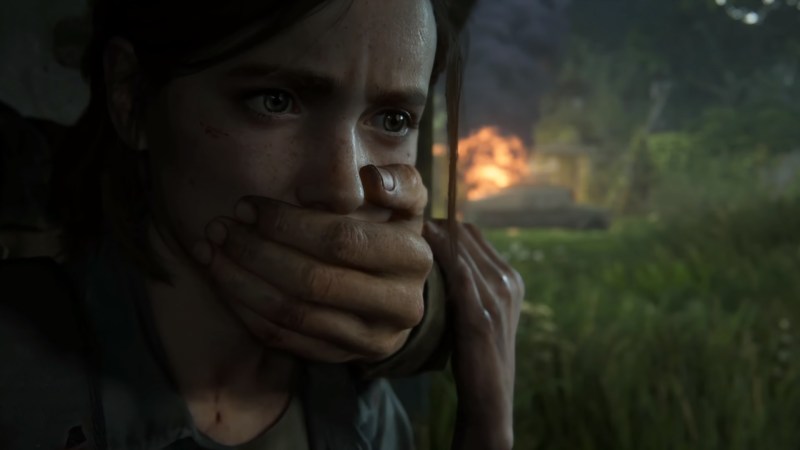You are probably expecting this to be a review of The Last of Us: Part 2. You are probably assuming I will christen it with a perfect score in relation to mobility issues, with the same jubilation as my colleagues. You are probably eagerly anticipating me to recommend it to every individual with a PS4.
That’s what you’re expecting, yet that’s not what you’re going to get.
My name is Grant Stoner. I am the Mobility Editor of Can I Play That?. At 13 months old, I was diagnosed with Spinal Muscular Atrophy type II. This neuromuscular disorder progressively weakens my muscles over time. I’ve watched as my faculties have literally disappeared before my eyes. I lost the ability to feed myself, hold drinks, sign my name, and most recently, play with standard PlayStation controllers. It’s an indescribable feeling to see your independence stripped from you, leaving you at the mercy of others to assist you with even the most meager tasks. Even gaming, my favorite pastime, is constantly at war with my body. Systems in my collection, once populated with extensive libraries, now act as nothing more than expensive paperweights, a constant reminder of previous years of strength.
With approximately 60 accessibility features, The Last of Us Part II had to accommodate me. It had to work.
I was assigned to review The Last of Us: Part 2. After reading and listening to Steve and Courtney’s excitement, I let my guard down. It did not matter that I had yet to play my PlayStation 4 while sitting in my new chair. It did not matter that my right thumb had lost most of its range of motion over the course of a year. With approximately 60 accessibility features, The Last of Us Part II had to accommodate me. It had to work.

Unfortunately, the most accessible game to date did not account for my inability to grasp a controller.
There was no tearful moment of examining every accessibility option. Nor did I make a personal mission to acquire my first Platinum trophy. There was nothing but pure frustration. For approximately one hour, I tried, and subsequently failed, to twist and turn my hands just to be able to utilize my controller. The furthest I progressed was simply the dashboard of my PlayStation 4, and I only achieved that because my mother turned on the console.
But much like The Last of Us: Part 2, my story is also one of perseverance. Shortly after experiencing my roller coaster of dreadful emotions, I began to scour the Internet for any solution. Several hundred dollars later, I purchased a unique adapter, as well as Xbox Adaptive Controller Logitech switches, which should enable me to utilize one of my favorite consoles. If this method works, I will be sure to provide an update, not only to share my excitement, but to educate on the vast nature of accessible software and hardware.
While my story initially began with immense anger and hopelessness, it was not directed toward Naughty Dog. A single title featuring roughly 60 accessibility options is nothing short of revolutionary for the gaming industry. Each developer and designer should be extensively praised for including disabled voices within the overall design process.
It admittedly hurts to not be able to gush with excitement alongside my friends and colleagues, but it also fills me with a sense of pride to know that disabled individuals are actively making a difference.
Rather, my story is one of self-loathing, self-acceptance, and determination. It isn’t meant to conjure feelings of sympathy, nor do I want to be placed within the ever-infamous category of Inspiration Porn that plagues so many disabled stories. If nothing else, my experience is proof that every disability is unique. What may work for most players will surely cause problems for others. Yet, instead of tearing down the accomplishments that ultimately better the industry, I encourage disabled gamers to applaud these initiatives. It admittedly hurts to not be able to gush with excitement alongside my friends and colleagues, but it also fills me with a sense of pride to know that disabled individuals are actively making a difference.

But, for readers looking for my opinion as to whether I recommend The Last of Us Part II, here is my official review:
Can I Play That?
In short, no.













